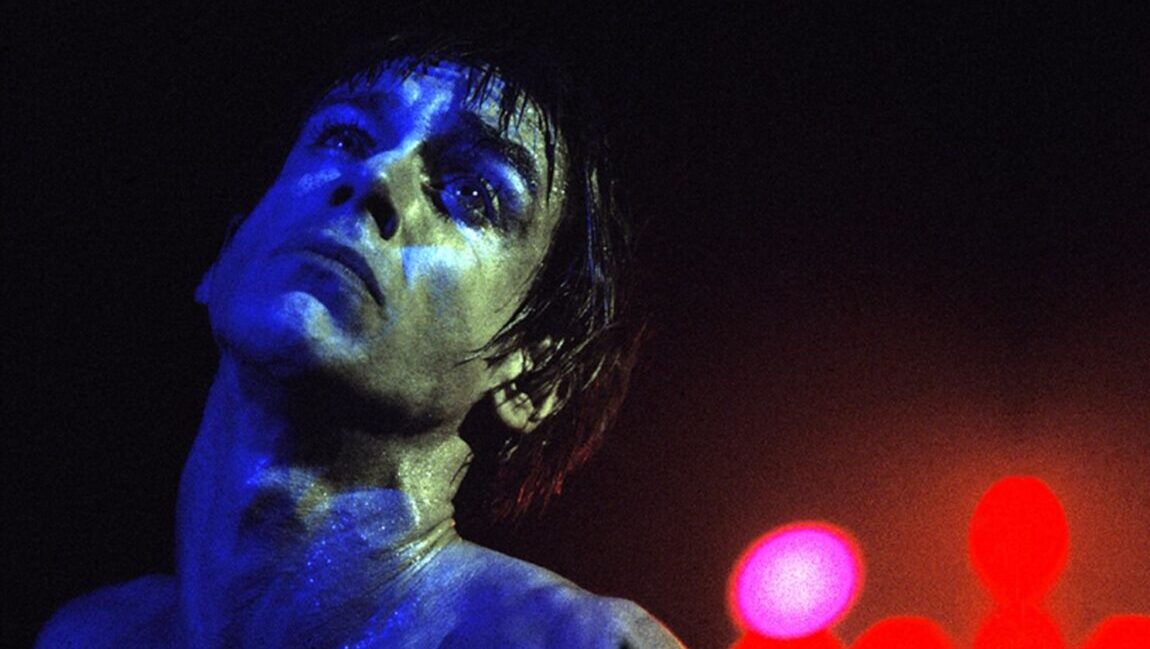The first of the two albums that Iggy Pop and David Bowie recorded during 1977, The Idiot is, in a sense, a David Bowie album, just one with Pop providing lyrics and vocals: Bowie dominated the production, sort of using the sessions as practice, honing the aesthetic that would later define his Berlin Trilogy. The Idiot almost feels like a proto-Low; each song is impregnated with Bowie’s embryonic, Krautrock-inspired style; the precise, almost mechanical instrumentation; the lacerating, laconic guitars; and the same sordid, insalubrious energy. The almost airless rhythm sections, and the occasional horn, sound depleted, drenched in reverb — amounting to a severe departure from both Station to Station and from Pop’s work with the Stooges. Perhaps this is why Pop wanted his next collaboration with Bowie to be indelibly his — and why he worked so fast. Pop manically wrote and recorded everything in just weeks (a process that influenced Bowie’s writing during the Berlin sessions). The resulting work, Lust for Life, is certainly the more popular of the two albums, and the more Poppy, more akin to the squalid, tight rock of the Stooges. And yet, Bowie makes his presence palpable from the opening notes, an oft-aped riff which, as the story goes, Bowie wrote in such a way that the band couldn’t write counterparts, forcing everyone to play along with him.
Brief though their collaboration was, with just these two albums, Bowie and Pop solidified their partnership as a cornerstone of classic rock.
By the recording of Lust for Life, Pop was a deft griot, telling stories, almost surreal, with succinct lyricism, belting, with his baritone, lines like, “Did you see his crazy eyes? / And you’re so surprised he doesn’t run to catch your ash / Everybody wants to kiss your trash.” With the Stooges, Pop was lewd, libidinous; here, one thinks, perhaps, of John Ashbery at times (“I see the bright and hollow sky / Over the city’s ripped backsides”). And Lust for Life is, in its more traditional rock instrumentation, a far less cryptic album than The Idiot. It even has moments of joviality, or at least optimism. “Tonight” opens with Pop howling about the death of his lover, his baby “turning blue,” before segueing into a triumphant, catchy verse about everyone and everything being alright tonight. On the next track, “Success,” Pop asserts his impending prosperity, with almost every line of the song beginning with the words “here comes…” — a repetition that turns into a gesture of self-motivation. As perhaps a result of this positivity, Lust for Life remains Pop’s best received album as a solo artist; ironically, he would never again approach the same “success.” And brief though their collaboration was, with just these two albums, Bowie and Pop solidified their partnership as a cornerstone of classic rock.
Part of Kicking the Canon – The Album Canon.







